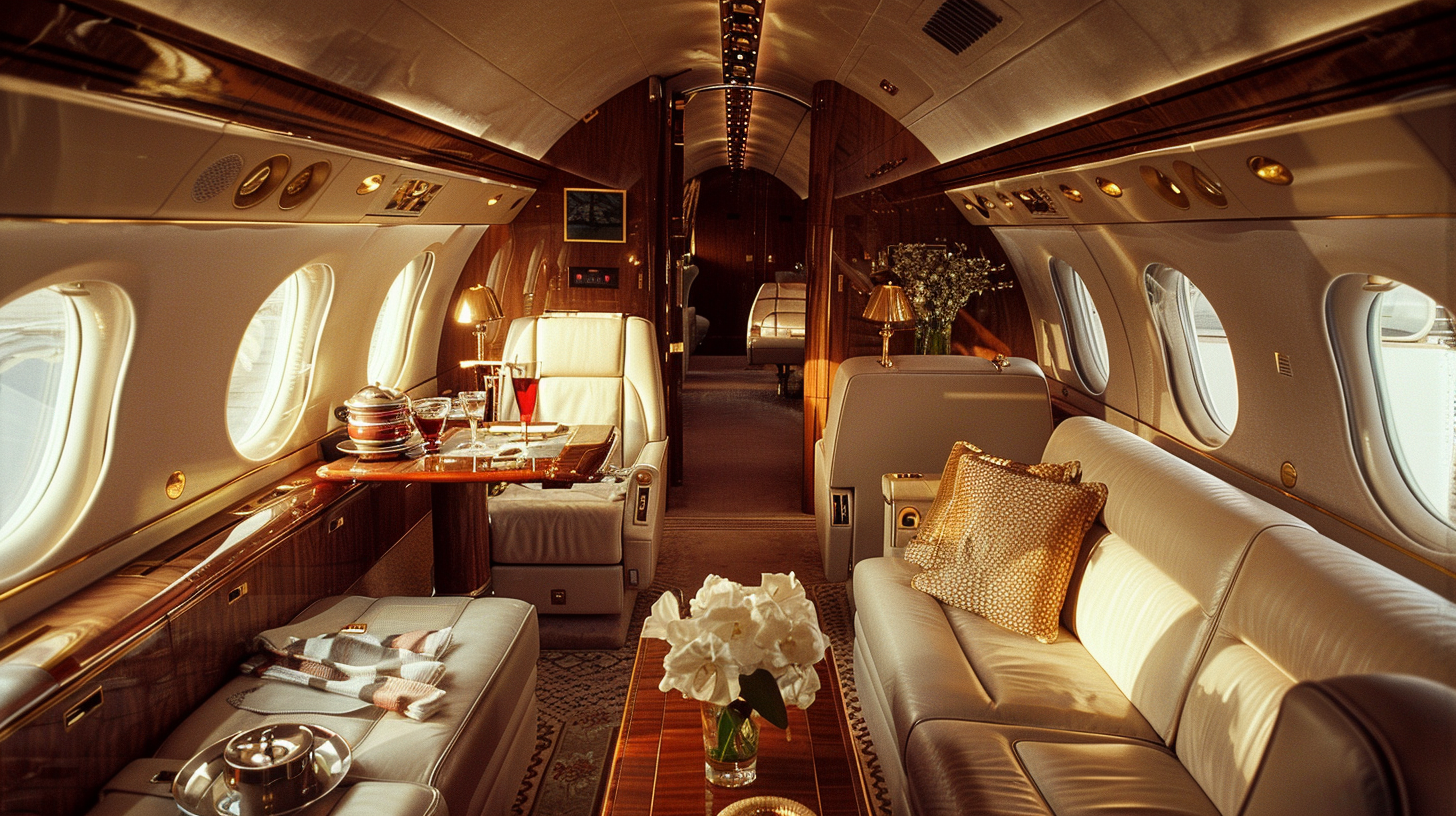Aviation has played a crucial role in global exploration since its inception in the early 20th century. The Wright brothers are credited with creating the first successful powered airplane in 1903, paving the way for countless advancements in aviation technology. Over the years, aviation has enabled humans to travel farther and faster than ever before, shrinking the world and connecting people from all corners of the globe.
One of the most significant milestones in aviation history was Charles Lindbergh's solo nonstop flight across the Atlantic Ocean in 1927. This groundbreaking feat captured the world's attention and solidified the airplane as a viable mode of long-distance travel. The development of commercial airlines in the following decades made air travel accessible to the masses, revolutionizing the way people explore the world.
The iconic Apollo 11 mission in 1969 marked another momentous occasion in aviation history, as astronauts Neil Armstrong and Buzz Aldrin became the first humans to set foot on the moon. This incredible achievement showcased the immense potential of aviation technology and inspired a new generation of explorers to push the boundaries of what was possible in the skies and beyond. Today, aviation continues to play a vital role in global exploration, with advancements in aircraft design and technology making air travel safer, more efficient, and more environmentally friendly than ever before.
Global Impact of Aviation
Aviation has played a crucial role in global exploration, opening up new possibilities for travel, communication, and trade. The ability to fly across continents in a matter of hours has revolutionized the way we experience the world. With over 10,000 airports worldwide, aviation has made it possible for people to easily connect with each other, bridging the gap between different cultures and countries.
One of the major impacts of aviation on a global scale is its contribution to the economy. The aviation industry supports millions of jobs and generates billions of dollars in revenue each year. It has enabled businesses to expand beyond their local markets and reach customers all over the world. Tourism has also boomed thanks to the convenience of air travel, with millions of people visiting new destinations each year.
In addition to its economic impact, aviation has also played a key role in humanitarian efforts. In times of crisis, planes are used to transport aid and supplies to those in need. Medical evacuation flights provide critical support to patients in remote areas, saving lives in emergency situations. Aviation has truly changed the way we respond to global challenges, bringing help and hope to those who need it most.
Future Trends in Air Travel
As technology continues to advance at a rapid pace, the future of air travel holds many exciting possibilities. One of the major trends that we can expect to see in the coming years is the development of supersonic commercial flights. Companies like Boom Technology and Aerion are already working on supersonic planes that can travel at speeds of up to Mach 2.2, significantly reducing travel times for passengers.
Another trend that is on the horizon is the rise of electric aircraft. With a growing focus on sustainability and reducing emissions, many aviation companies are investing in the development of electric planes. These aircraft have the potential to revolutionize air travel by significantly reducing the carbon footprint of the industry.
In addition to these technological advancements, we can also expect to see a greater emphasis on passenger experience in the future of air travel. From in-flight entertainment systems to improved cabin designs, airlines are constantly looking for ways to make flying more comfortable and enjoyable for their customers. With the continued innovation in this area, we can look forward to a more seamless and enjoyable travel experience in the years to come.
Aviation's Contribution to Space Exploration
Humans have always been fascinated by the mysteries of space, and aviation has played a crucial role in our exploration of the final frontier. From the Wright brothers' first flight to the modern technology of rockets and space shuttles, aviation has paved the way for humanity to reach for the stars.
One of the most significant contributions of aviation to space exploration is the development of rocket technology. Rockets are essential for launching spacecraft into orbit and beyond, and the principles of aerodynamics and propulsion used in aviation have been instrumental in their design and operation. Without the advancements made in aviation, we would not have the means to travel beyond our own planet.
Furthermore, aviation has helped us to understand the challenges and complexities of space travel. Pilots and engineers have learned valuable lessons from the dangers and uncertainties of flying in Earth's atmosphere, which have been applied to the design and operation of spacecraft. The skills and expertise gained from aviation have been essential in ensuring the success and safety of space missions.
Overall, aviation has been a vital stepping stone in our journey to explore the vast unknown of space. Without the innovations and discoveries made in aviation, we would not have the knowledge or technology to venture beyond our own planet. As we continue to push the boundaries of what is possible in space exploration, we owe a great debt to the pioneers of aviation who paved the way for our cosmic adventures.
